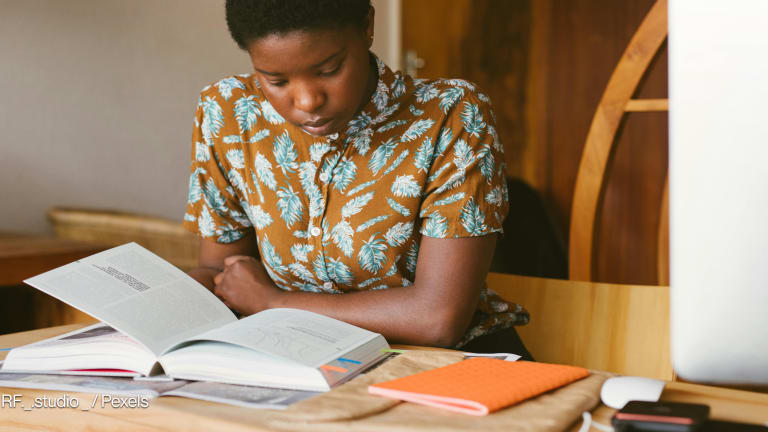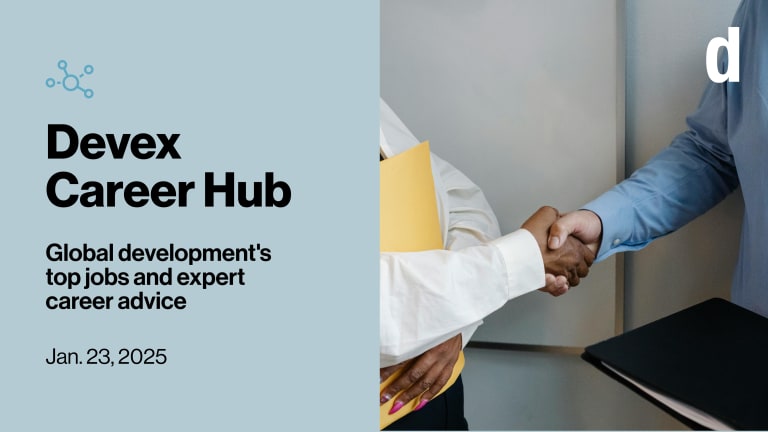Lund University’s two-year master’s program in international development and management, or Lumid, is free of charge, incorporates field experience, and encourages students from developing countries to apply.
Even though the program has been running for only three years, it has already become one of the most attractive of its kind in Europe, according to Magnus Jirström, vice chairman of the Lumid steering group. In 2008 alone, the steering committee received 1,800 applications for 40 positions.
The ideal candidate is an independent and critical thinker with strong academic background and international work experience, preferably in development.
This article is exclusively for Career Account members.
Unlock this article now with a 15-day free trial of a Devex Career Account. With a Career Account subscription you will get:
- Full access to our jobs board, including over 1,000 exclusive jobs
- Your Devex profile highlighted in recruiter search results
- Connections to recruiters and industry experts through online and live Devex events








